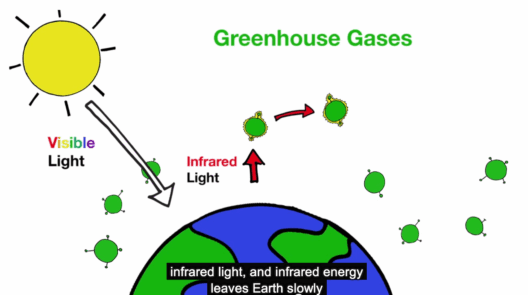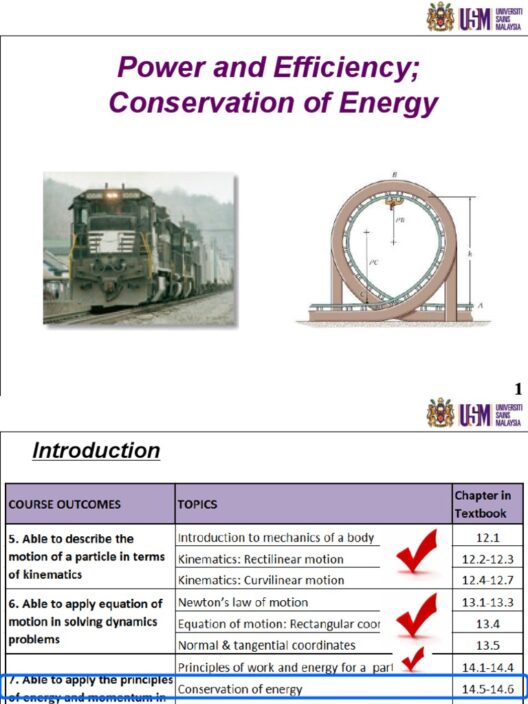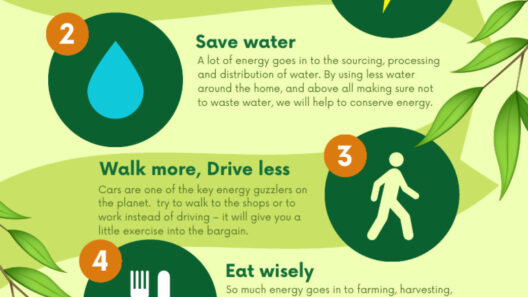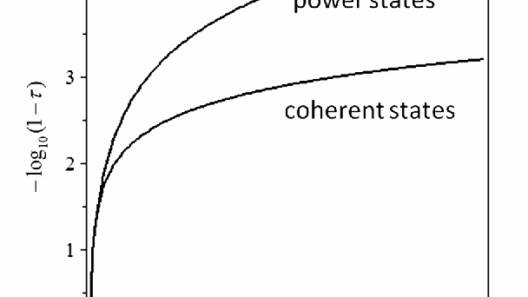The increasing concerns over environmental degradation and the finite nature of fossil fuels have precipitated a burgeoning fascination with energy conservation methods. As modern individuals navigate their daily lives, the necessity for sustainable practices becomes ever more apparent. Not only does energy conservation mitigate environmental impact, but it also fosters economic efficiency, enhancing the collective well-being of society. Therefore, examining effective energy conservation methods becomes essential for conscientious living.
First and foremost, one must consider the implementation of energy-efficient appliances. The advent of technology has ushered in a plethora of devices designed to consume significantly less energy while maintaining optimal performance. For instance, washing machines and refrigerators bearing the ENERGY STAR label meet stringent energy efficiency guidelines set by the Environmental Protection Agency. These appliances utilize innovative technology to reduce electricity consumption, leading to lower utility bills while minimizing carbon footprints. The cumulative effect of replacing older, less efficient models with modern alternatives can result in substantial energy savings over time.
Heating and cooling systems represent another area ripe for energy conservation. Traditional HVAC systems often operate ineffectively, leading to excessive energy consumption. Nowadays, smart thermostats offer advanced features such as programmable schedules and remote access via smartphone applications. These devices enable homeowners to optimize temperature settings according to their specific needs, thus curbing unnecessary heating and cooling when spaces are unoccupied. Moreover, regular maintenance, such as changing air filters and sealing ducts, ensures systems operate efficiently, further conserving energy.
Another salient observation in energy conservation is the role of proper insulation in residential and commercial buildings. Insulation serves as a barrier against the transfer of heat, significantly impacting energy usage. Structures that are inadequately insulated can experience heat loss in the winter and heat gain during the summer, compelling HVAC systems to work harder and consume more energy. By investing in superior insulation materials for attics, walls, and floors, property owners can maintain a stable indoor climate with minimal energy expenditure. The use of reflective roofing materials is also gaining traction, as these surfaces help to deflect solar radiation and reduce cooling costs in warmer climates.
Lighting accounts for a significant portion of energy usage in both residential and commercial settings. Transitioning from incandescent bulbs to LED lighting represents an aggressive yet simple approach to energy conservation. LEDs consume about 75% less energy and have a significantly longer lifespan compared to traditional bulbs. Additionally, incorporating natural light into spaces through strategic architectural design can reduce reliance on artificial lighting during daylight hours. Skylights, large windows, and open floor plans facilitate illumination from the sun, fostering an environment that embraces natural resources.
On a larger scale, renewable energy sources are becoming pivotal in the quest for conservation. As societies become more attuned to their ecological imprints, the utilization of solar panels, wind turbines, and geothermal systems is gaining prominence. Solar energy, often considered the most accessible form of renewable energy for residential use, offers homeowners the opportunity to harness sunlight, thus creating their own energy supply. By reducing dependence on conventional power grids, individuals can not only diminish their environmental impact but also insulate themselves against fluctuating energy prices.
Moreover, advocating for behavioral changes can yield significant improvements in energy efficiency. Simple measures such as turning off lights and unplugging devices when not in use may seem trivial, yet these practices accumulate over time, contributing to substantial energy savings. Encouraging a culture of energy-conscious behavior within households can influence children and future generations. Educating family members about the importance of energy conservation and establishing green habits can create lasting change that resonates well beyond a single household.
Transportation remains a critical area where energy conservation strategies can be effectively implemented. Increasing reliance on public transportation, cycling, or walking rather than personal vehicles can dramatically reduce fossil fuel consumption. For those who require personal vehicles, opting for fuel-efficient or electric vehicles presents a modern solution to energy conservation. Electric vehicles, in particular, harness renewable energy and contribute significantly to lowering greenhouse gas emissions, thereby aligning with global sustainability goals.
Additionally, the concept of “smart home” technology aligns seamlessly with energy conservation efforts. Smart devices allow for enhanced control over energy consumption by optimizing energy use through automation. From smart lighting systems to energy management apps, homeowners can analyze their energy use patterns and make informed decisions to curb waste. This intersection of technology and conservation opens a new frontier in sustainable living, marrying convenience with responsibility.
Finally, participation in community programs geared towards conservation can amplify individual efforts. Many local governments and organizations offer incentives for energy-efficient upgrades and resources to assist in energy audits. Engaging with community initiatives fosters a sense of shared responsibility and empowers individuals to collectively tackle energy issues. Through awareness campaigns and workshops, communities can motivate members to adopt sustainable practices, ultimately creating a more energy-conscious society.
In conclusion, embracing energy conservation methods is imperative for modern living. From upgrading appliances and optimizing heating systems to leveraging renewable energy sources and fostering behavioral changes, numerous strategies exist to promote sustainability. Understanding the broader implications of energy conservation can inspire individuals to take measurable steps towards a more efficient energy future. By integrating these methodologies into daily routines, society can navigate the complexities of modern living while ensuring a healthier planet for future generations.








